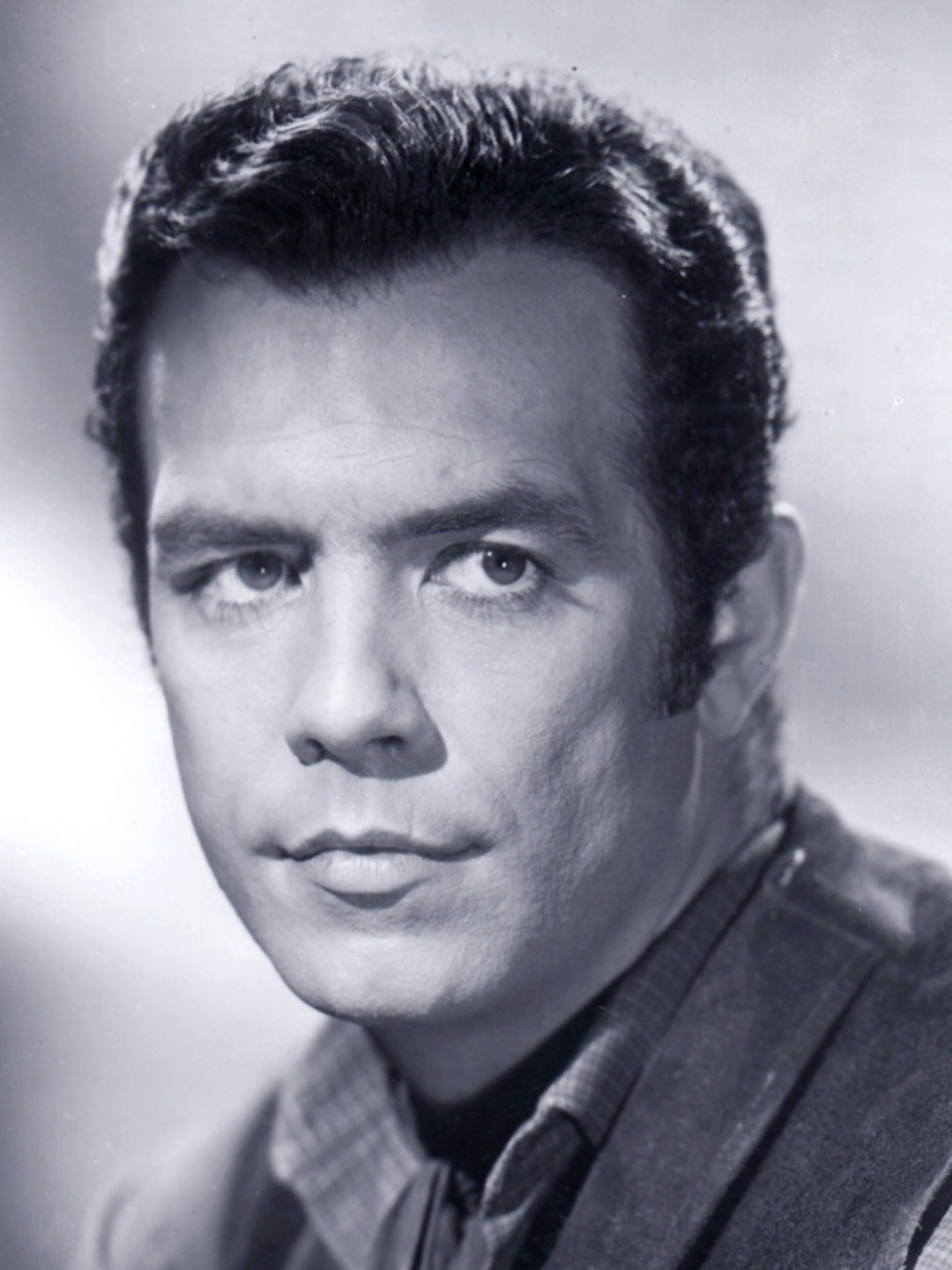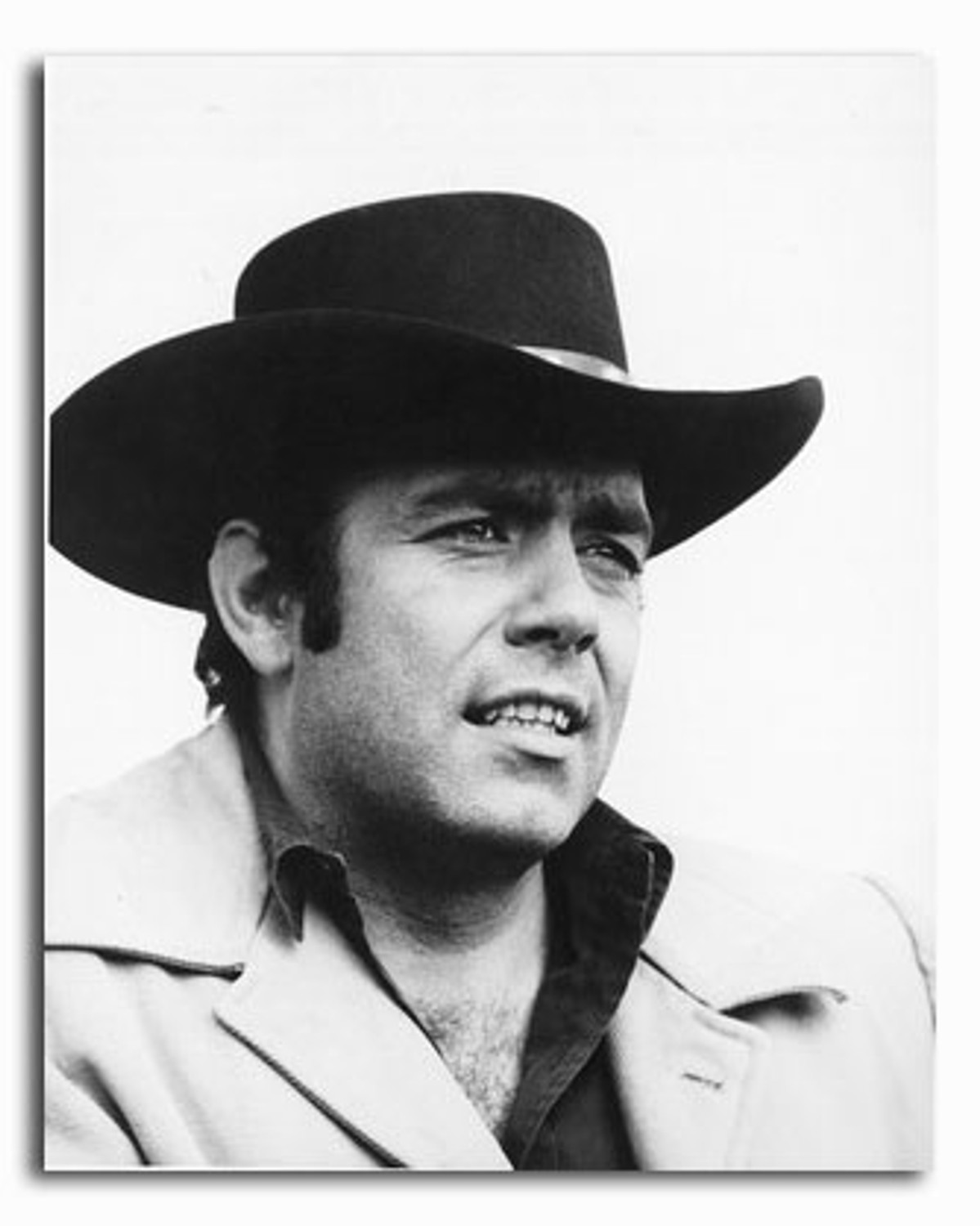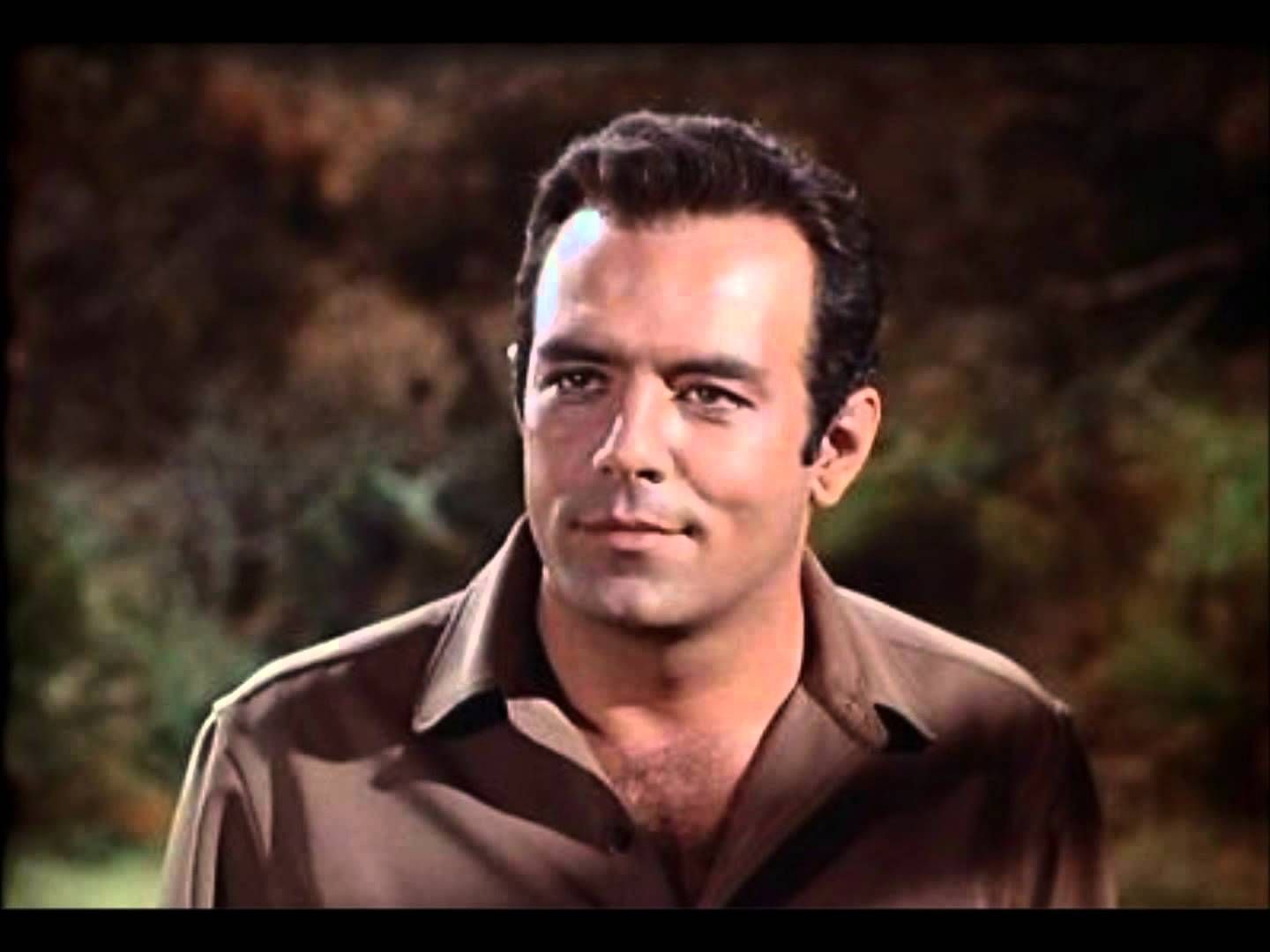Could one man truly defy the established order of Hollywood and emerge even more triumphant? Pernell Roberts did precisely that, forging a path from the iconic landscapes of the Ponderosa to the operating rooms of "Trapper John, M.D.," leaving an indelible mark on television history.
The name Pernell Roberts evokes a sense of rugged charm and an undeniable charisma that captivated audiences for decades. His journey through the entertainment industry was far from conventional. He was an American actor, singer, and activist, a man of many talents and passions who wasn't afraid to challenge the status quo. Roberts, born on May 18, 1928, possessed a multifaceted persona that extended beyond the glare of the cameras, encompassing a commitment to social justice and a deep appreciation for the arts.
His breakthrough role came in 1959 when he was cast as Adam Cartwright, the eldest son of the prosperous rancher Ben Cartwright, in the iconic television series "Bonanza." The show, set against the backdrop of the American West, quickly became a cultural phenomenon, and Roberts, with his brooding good looks and thoughtful demeanor, became a heartthrob. He brought a sense of intellectual depth to the character, a quality that distinguished him from his on-screen brothers, Hoss (played by Dan Blocker) and Little Joe (played by Michael Landon). This dynamic, along with Lorne Greenes portrayal of Ben, contributed to the success of Bonanza. Interestingly, Roberts was only six months and twenty-two days older than Dan Blocker, who played Hoss Cartwright, adding a fascinating layer to their on-screen family dynamic.
Roberts' performance as Adam Cartwright earned him widespread recognition and admiration, but his time on "Bonanza" was, surprisingly, relatively short-lived. In an act that shocked Hollywood, he departed the series at the height of its popularity. This move, while unexpected, proved to be a testament to his independent spirit and his desire to pursue roles that challenged him. Robertss decision to leave "Bonanza" was rooted in his dissatisfaction with the series' artistic direction and his desire to explore more complex roles. The show focused on the adventures of the Cartwright family on their sprawling Ponderosa ranch. Roberts found the storylines limiting and the character development insufficient for his artistic ambitions. This brave decision marked the beginning of a new chapter in his career, one that would see him explore diverse roles and showcase his versatility as an actor.
Roberts was also known for his guest appearances on more than sixty television shows during his lifetime, which proves his versatility and popularity in the industry. His career encompassed a wide range of genres, from dramas to musicals, solidifying his reputation as a versatile and respected actor. He was also an accomplished singer, releasing a folk music album during his "Bonanza" years, showcasing the softer, lyrical side of folk music. This side project demonstrated his artistic inclinations and commitment to his craft.
Years after leaving "Bonanza," Roberts found renewed fame as the lead character in "Trapper John, M.D.," a spin-off of the popular television series "M AS*H." In this role, he played the titular character, a skilled and compassionate surgeon. Roberts' portrayal of Trapper John McIntyre resonated with audiences, and the show became another major success in his career. He was also known for his involvement in the performing arts and was a member of the cast of a series of adaptations of fairy tales produced for television. Furthermore, Roberts was an activist, marching for civil rights during the Selma marches.
Pernell Roberts's legacy is one of artistic integrity, versatility, and social consciousness. He was an actor who defied expectations, took risks, and ultimately, left an indelible mark on the entertainment world. From his iconic role in "Bonanza" to his advocacy for social change, his story continues to inspire new generations of artists and fans alike.
| Category | Details |
|---|---|
| Full Name | Pernell Elvin Roberts Jr. |
| Born | May 18, 1928 |
| Died | January 24, 2010 (Pancreatic Cancer) |
| Birthplace | Waycross, Georgia, U.S. |
| Occupation | Actor, Singer, Activist |
| Known For | Adam Cartwright in "Bonanza", Trapper John in "Trapper John, M.D." |
| Spouse(s) | 1. Annelle Antill (m. 1951; div. 1952) 2. Kara Knack (m. 1962; div. 1971) 3. Eleanor Criswell (m. 1972; div. 1972) 4. Euda Mae (m. 1997; his death 2010) |
| Notable Work | "Bonanza" (TV series, 19591965), "Trapper John, M.D." (TV series, 19791986) |
| Other Activities | Civil Rights Activist, Martial Arts Demonstrations |
| Reference | Wikipedia |
Roberts's personal life was marked by both triumphs and tragedies. While his professional life saw considerable success, his personal journey involved the death of his son and multiple marriages. Yet, he navigated these challenges with resilience and grace, demonstrating a depth of character that resonated with those around him.
The actor's decision to leave Bonanza was also a reflection of his broader philosophical approach to life and work. He was an outspoken individual who was not afraid to voice his opinions. He was known for his intellectual curiosity, which led him to explore diverse interests, including martial arts, which he demonstrated at the annual "Circus of the Stars" during the 1970s and 1980s.
The impact of Pernell Roberts extends beyond his acting credits. He was a voice for social change, using his platform to advocate for civil rights. The actor's commitment to activism aligned with his desire to make a meaningful contribution to the world.
Pernell Robertss influence is undeniable. His body of work continues to entertain and inspire, and his willingness to take a stand for his beliefs provides a valuable lesson in living life on one's own terms. He showed that defying convention could lead to even greater success. Pernell Roberts, in his own unique way, proved that there was more to life than just being the face of a popular television series. His legacy continues to live on, reminding us that true success is measured not only by professional accomplishments, but also by the impact we have on the world and the integrity with which we live our lives.


